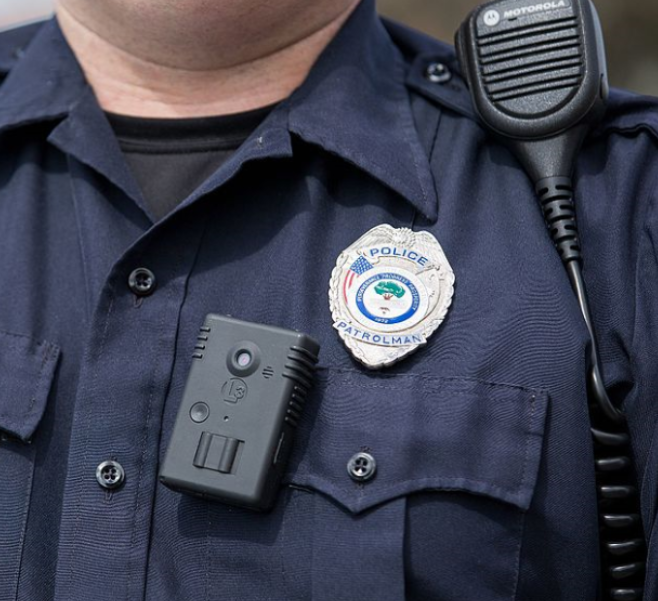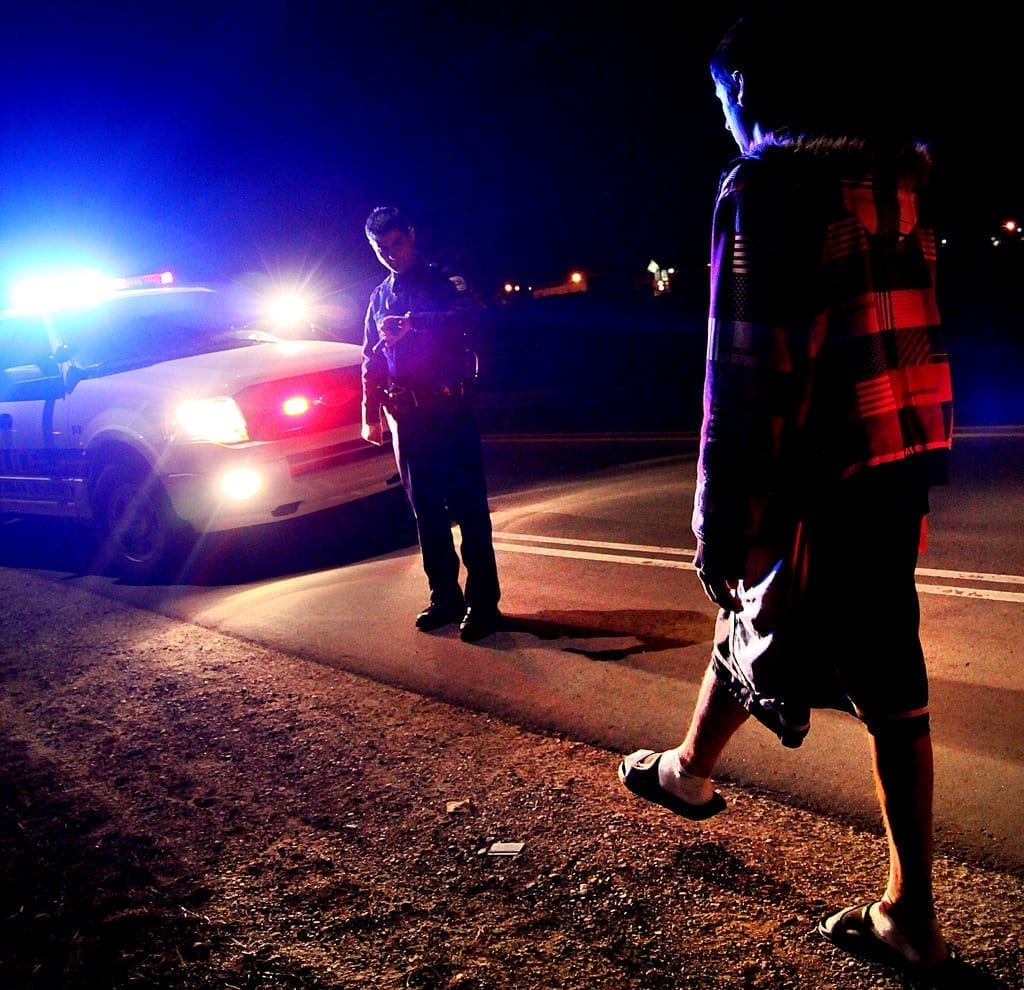After a DUI arrest, the dash cam footage of the officer who stopped you could be vital evidence in your DUI case.
A DUI charge should be taken seriously as it can lead to undesirable consequences including the risk of losing your driving privileges. If you have been charged with a DUI in New Jersey, you must determine the evidence available so that you can establish an effective defense strategy. Although there are many ways to defend yourself against a DUI charge, your options depend on the available evidence. You should consider hiring an experienced DUI lawyer who can gather and analyze evidence. The following are pieces of evidence that prosecutors can use against you in a DUI case:
Dash Cam Footage
In New Jersey, police cruisers use dash cameras to record their traffic stops and interactions with motorists on one side of the road. After a DUI arrest, the dash cam footage of the officer who stopped you could be vital evidence in your DUI case. For instance, if the camera footage shows that you were driving erratically, this can be presented as evidence of your impaired driving. Conversely, if the camera footage demonstrates your obedience to traffic laws, your attorney can use this to argue that you were stopped without reasonable suspicion by the officer.
Body-Worn Camera Footage
Police officers also record their interactions with people who are alleged DUI offenders using body-worn cameras. If the arresting officer recorded your statements and actions with this camera, such footage can be an important piece of evidence in your case.

But body-worn camera footage may also help or hurt your case, depending on what it will show. If this footage shows you admitting to drinking or stumbling before driving, this could mean that it’s best to seek a plea bargain. But if the footage shows you were not impaired, it can be used in your defense.
The Testimony of the Arresting Officer
During your trial, the arresting officer may give their testimony. They may say the reason they decided to stop and arrest you for DUI. However, if the prosecutors call the officer to testify, your attorney can perform a cross-examination. This can be an important opportunity for your attorney to raise questions regarding the viability of the prosecutors’ case against you.
Your FTS Results
If the arresting officer had you taking the field sobriety tests when they stopped you, the prosecutors will attempt to use the results of this test against you at trial. But there are many inherent problems with the FSTs, and your defense attorney can present evidence of such problems to challenge the relevance and dependability of the results. Also, your attorney can present evidence that explains the purported failure of your FST like evidence that the officer did not give proper instructions, that your balance was affected by a medical condition you have, or that the lighting or road conditions impacted your driving performance.
Your BAC Test Results
In some cases, the results of blood alcohol concentration (BAC) tests can be solid evidence of guilt. But some issues can render the readings undependable and irrelevant. For instance, improper calibration of the breathalyzer device can make your BAC readings inadmissible as a piece of evidence of your guilt. Also, medical conditions can inflate your BAC.
What You Said to the Officer
If you give statements to the officer, what you say can help or hurt your DUI case. If you end up admitting to drinking and drinking, it will not help your case. But if you asserted your rights, maintained innocence, and complied with the law, your statements could help raise doubt in the case of the prosecutors.
Your Court Testimony
A DUI charge can provide you with the option to testify in court. Your attorney can help you determine whether or not this makes sense.


Join the conversation!